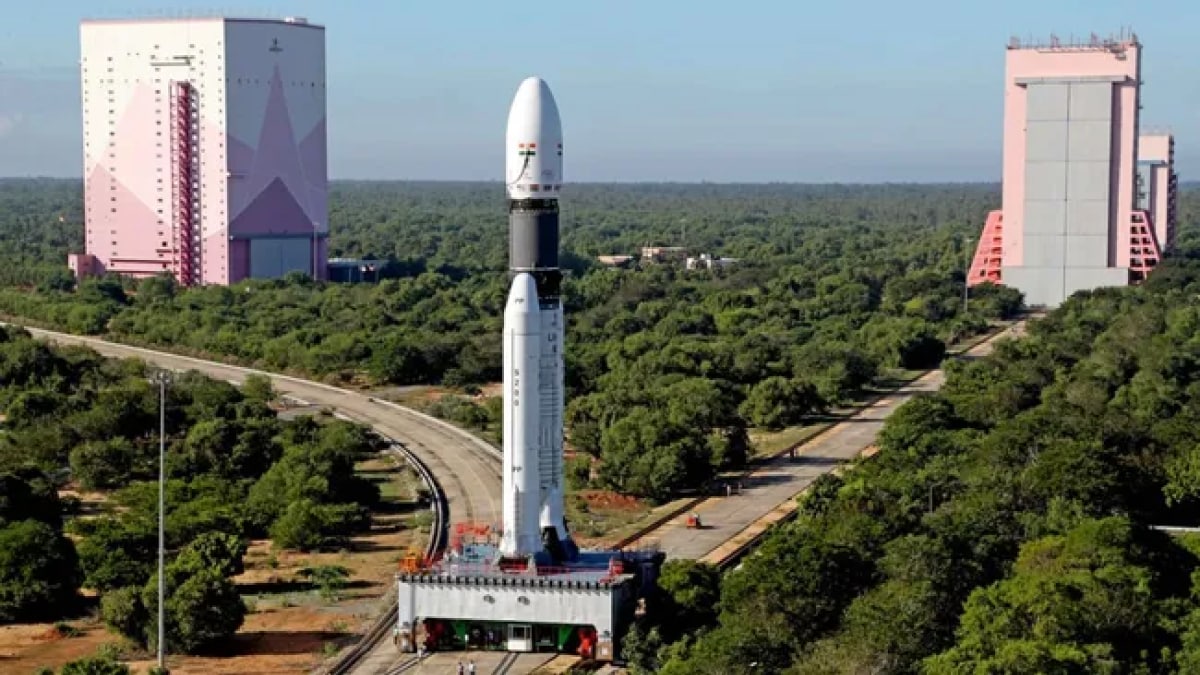India has delayed its inaugural astronaut mission under the Gaganyaan program to 2026, pushing the timeline a year beyond the original schedule. The decision, announced by S. Somanath, Chairman of the Indian Space Research Organization (ISRO), reflects a commitment to safety in light of recent aerospace industry setbacks. According to Somanath, India's first manned mission will be preceded by multiple uncrewed test flights, with the first trial scheduled to launch in December 2023. The series of tests will validate crucial systems needed for a successful crewed mission, making way for India to join the ranks of the United States, Russia, and China in independently sending astronauts into space.
Safety First: ISRO's Cautious Approach
ISRO's extensive testing procedures and the addition of a fourth uncrewed test flight were outlined by Somanath during a recent talk in New Delhi. He cited the Boeing Starliner's technical difficulties as a reminder of the importance of rigorous safety checks. ISRO's Gaganyaan mission, also known as H1, aims to carry one or two astronauts to low Earth orbit, roughly 400 kilometers above the planet. Somanath shared that to avoid any similar mishaps, ISRO has undertaken a systematic approach, testing complex technologies developed entirely in-house.
Preparing for the Final Crewed Launch
To support the mission, the ISRO has conducted a number of preparatory tests, including the evaluation of emergency escape mechanisms and recocovery systems. The G1 flight, expected later this year, will see a humanoid robot named Vyomitra onboard to test re-entry, parachute deployment, and a controlled splashdown in the Bay of Bengal. Following G1, three more uncrewed flights will complete the testing phase.
An Ambitious Training Regime for Astronauts
The programme's crew has been undergoing intensive training in both India and overseas. Shubhanshu Shukla, a test pilot from the Indian Air Force and one of the astronauts in training, is set to join a mission to the International Space Station, working with Axiom Space in Houston. With former NASA astronaut Peggy Whitson as mission commander, Shukla's experience will include operations such as navigation and docking – critical skills for the Gaganyaan mission's success.
Government Funding Boosts ISRO's Gaganyaan Efforts
The Indian government has recently increased Gaganyaan's budget, adding 111 billion rupees to the project to support the final testing and crew training phases. With all modules now moving to ISRO's Sriharikota spaceport, India's first crewed space flight is moving closer to realisation. This development reflects the government's commitment to advancing India's space capabilities and ensuring the mission is conducted with the highest safety standards.


